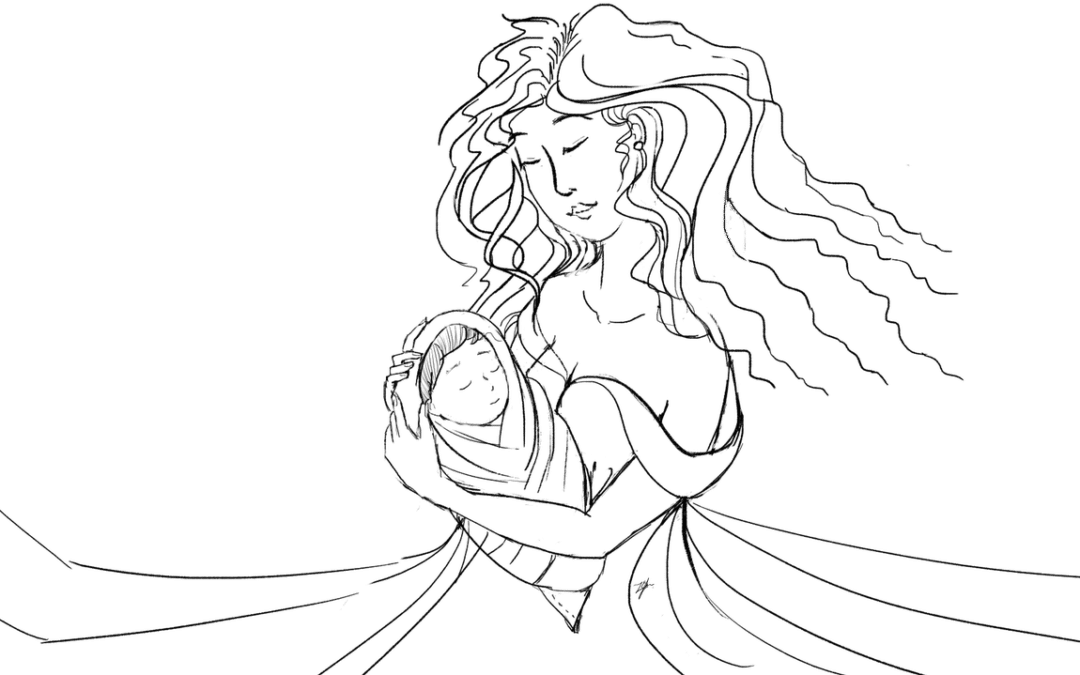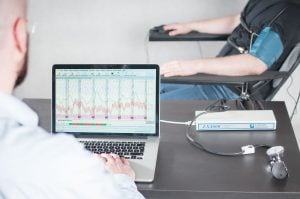Canterbury Lie Detector Test dispels Adoption Confusion
When our client found her biological mother, she had huge trust issues. She resolved them with a Canterbury lie detector test.
Alisha´s Case
From a very early age Alisha knew she was adopted. She adored her adoptive family and enjoyed an amazing childhood. She’d been supported through University and had close relationships with her siblings.
After Uni, she was further supported when she chose a legal career on low pay for the first couple of years. She couldn’t have wished for better parents in Marion and George.
Nevertheless, the older she got the more she dwelled on why her biological mother had abandoned her. Marion didn’t know any details about why Alisha had been put up for adoption.
It wasn’t until she got married and had children of her own that she was encouraged by her husband, Gavin, to find her biological mother. Marion and George had no objection to her doing it, knowing she would always consider them to be her real parents.
Tracking mother down
With the assistance of a private investigator Alisha found Amelia, her biological mother. She was also informed that Amelia would love to meet her. The private investigator told Alisha that Amelia had been homeless when she gave birth to her baby. She’d tried desperately to keep Alisha but had come to the conclusion that living on the streets was no place for a baby. It had broken her heart to give her up.
Meeting Amelia for the first time, Alisha was nervous. She thought long and hard about how difficult life must have been for her mother. No one could fail to understand why she had chosen adoption given the circumstances.
Amelia said that when her parents had discovered she was pregnant, they had thrown her out. She had nowhere to go, and the father had disappeared rapidly. Alone and terrified, she´d sneaked into and office building toilet when her waters broke. She gave birth there and sneaked back out in the morning. Seven weeks later, realising she couldn’t cope, she’d gone to social services and they arranged for the Alisha to be put up for adoption.
Conflicting stories
After the reunion, Alisha felt both devastated for her mother’s demise but also relieved that she hadn’t really been abandoned. Amelia said she’d thought about her every day, but never sought to find her. She didn’t want to interfere with her life.
Over the next few months, Alisha met Amelia´s family. She had one half brother and sister and she met her grandmother. The rift had healed between Amelia and her mother some years ago when Amelia’s father died. But she told Alisha a quite different story than Amelia had told her.
She said that Amelia hadn’t been thrown out because she was pregnant, but because she was on drugs and wouldn’t stop taking them. Alisha was shocked by the disparaging way in which she spoke about Amelia. Her grandmother said that it was nonsense that she’d given birth in an office building. She was living in a squat with her boyfriend when she had her baby. And she given her up for adoption because she’d chosen the drugs rather than take responsibility for the child.
When confronted with this Amelia denied it emphatically. She had never taken drugs and she said her mother was getting nastier as she grew older. Suffering from dementia she had a tendency to fantasise.
Canterbury lie detector test
Whether she had caught her grandmother on a good day, Alisha didn’t know but she seemed very lucid to her.
She called us to order a lie detector test in Canterbury for Amelia who was more than willing to take it.
The test was carried out by one of our London polygraph examiners and the results showed no deception at all. Amelia was telling the truth.
Conclusion
Daughter and biological mother are now close but Alisha’s grandmother’s dementia worsens by the month.
She has learned that in the later stages of dementia some sufferers can become delusional, abusive, and aggressive. When she visits her grandmother, it’s distressing to listen to her rantings about Amelia but she now understands her condition.


